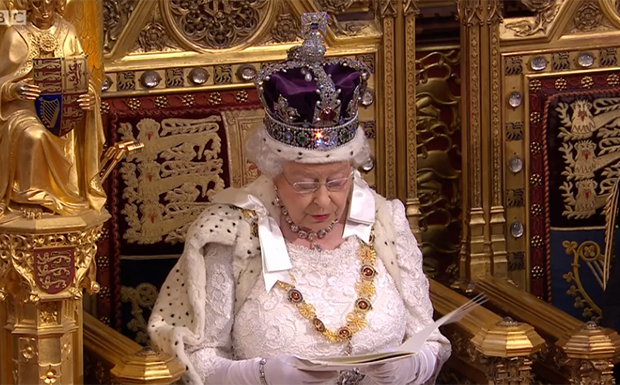The new UK government’s plans to tackle extremism and introduce a British bill of rights, as outlined in the Queen’s Speech on 27 May, raise the stakes significantly for freedom of expression in the United Kingdom.
“The government’s plans to introduce a Snoopers’ Charter, introduce new extremism laws and introduce a yet-to-be-determined bill of rights, all present a serious risk to civil liberties in Britain.
“We see no need for the introduction of new legislation in these areas: current laws on incitement to violence and hatred can already be applied to extremist individuals or groups. The new plans won’t stop terrorism, they will simply stifle free speech,” Index on Censorship CEO Jodie Ginsberg said.
Under the proposed extremism bill, extremists would be banned from TV and stricter controls imposed on what can be said on the internet. The proposed law would be applied to those seeking to undermine vaguely defined “British values”, and is a broad brush that could end up being applied to anyone who simply disagrees with the government.
The government’s plans for the proposed British bill of rights aims to undo the “damaging effects of Labour’s Human Rights Act” of 1998, according to a government briefing pack on the Queen’s Speech. According to The Times, the move against the Human Rights Act will be delayed while the government undertakes a consultation on draft legislation.
Index remains convinced that driving debate underground is not the answer in tackling extremism or terrorism.






